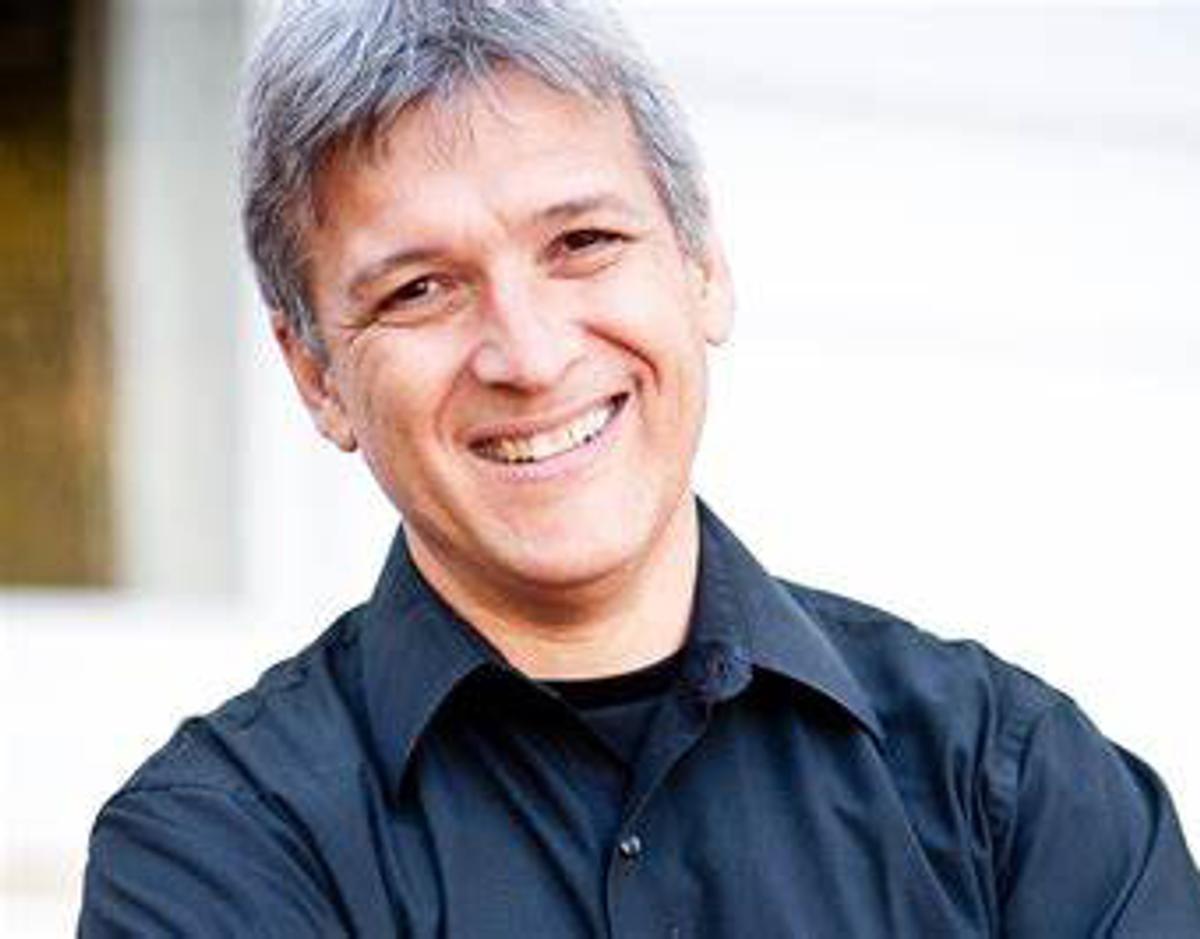Year 10 History meets
Carl Wilkens

Year 10 History meets
Carl Wilkens
This term, our Year 10 History classes have been studying the Rwandan Genocide of 1994, in which one million people were killed in a hundred days, while the world watched on and did nothing to intervene. While most westerners were evacuated from Rwanda at the start of the genocide, a single American, Carl Wilkens, elected to stay to do what he could to help his friends and others under his care. As the director of ADRA, an Adventist aid organisation, Carl was instrumental in saving the lives of hundreds of Rwandan orphans from the massacres which tore the country apart.


Each year, we are privileged to speak with Carl Wilkens about his experiences, and what we can learn from them to make our current world a better place. We recently conducted an interview with Carl in MS Teams.
Here are some reflections from our Year 10 History students:
Carl Wilkens’ story was extremely impactful. He showed amazing strength and character when he was under pressure. His growth showed through when he spoke about forgiveness and one’s next action, and how it is the act that follows a choice or decision which defines you. Kyla Sharkey (10.3)I really learned a lot, not just about the experience of the Rwandan Genocide, but about real life. Carl gave us lots of things to think about the restorative process and how to find the good in others. I have no doubt that everyone took something away from this incursion and found things to incorporate into their daily lives. Cadence Fox (10.18)I really enjoyed the incursion because it was very interesting just to hear the little details that are overlooked in movies, news reports and other coverage that the Rwandan Genocide received. Hearing about his personal experiences made the whole thing feel more real, especially when he mentioned people that he met in jail. Hearing it from his perspective made the genocide even more meaningful, making it something we should definitely learn from. Jarvis Eleveld (10.17)Talking with Carl made me think about my own place in this world and how lucky I am, but also what I can give to the world being a fortunate person. He made me think about what I could be doing to help this world. Hearing about what Carl did to save as many people as he possibly could gives me hope that people in this world do care and want to change this nation. Izabella Barnett (10.18)I found it amazing how humble Carl was and that he said his story was not a one man hero story. I also found it interesting and hard to contemplate how easily he forgave the ones who put him and his family through so much terror. I will take away the power of forgiveness from him. If Carl can forgive the killers who murdered their closest relatives and endangered his own life, we can forgive anyone for anything. Jack Driessen (10.18)I think that the incursion was really eye-opening, especially when comparing Carl's experience with the movie we are studying and how they differ quite significantly. What makes a movie good doesn't necessarily make a movie historically accurate! Nicholas Doggett (10.17)Carl's principle of not identifying people by the worst thing they've done was eye-opening. Labelling people as 'good' and 'bad' eliminates the opportunity for change and growth. If we think like that, society will continue to repeat its mistakes. Tahlia Watt (10.18)What makes Carl a unique person is that he doesn't seem to want to always bring up moments of the genocide, but rather focus on the current state of Rwanda and its bright future. He is an inspiring person who I and others can learn from, in that we can change and let go of our past, and that focusing on what the future holds is important in our development and change. Lucas Huang (10.17)
If you would like to find out more about Carl Wilkens and his work, you can visit his website at www.worldoutsidemyshoes.org
Year 9 students with an interest in History will be pleased to hear that in Year 10, two History courses are offered: History 1: The Twentieth Century; and History 2: Extreme Events. Please contact us if you would like more information.
Stephen White
Head of Humanities